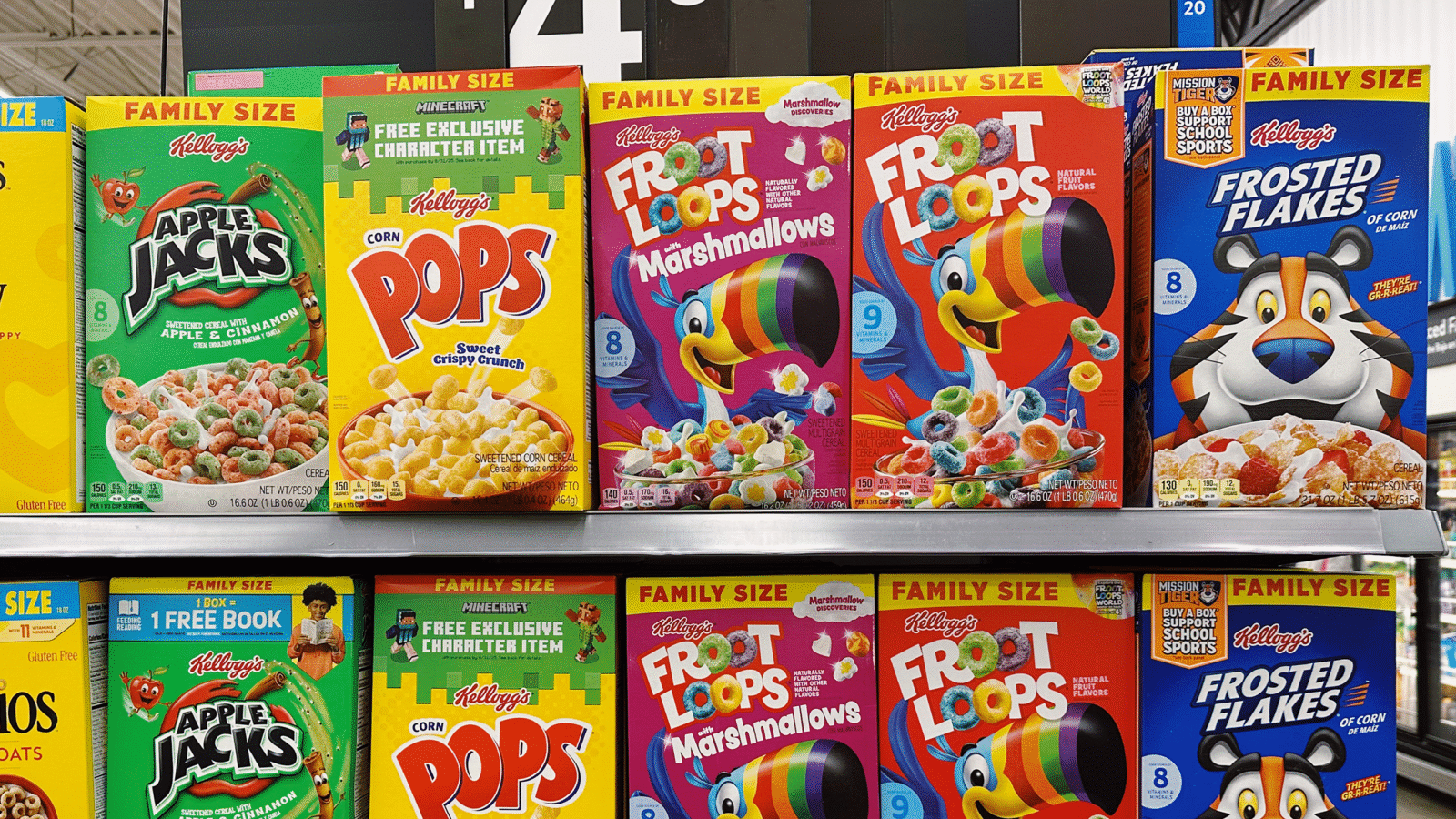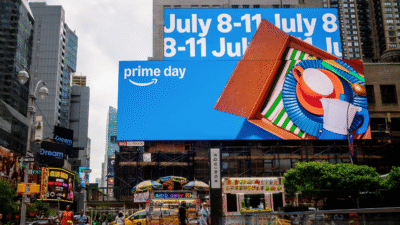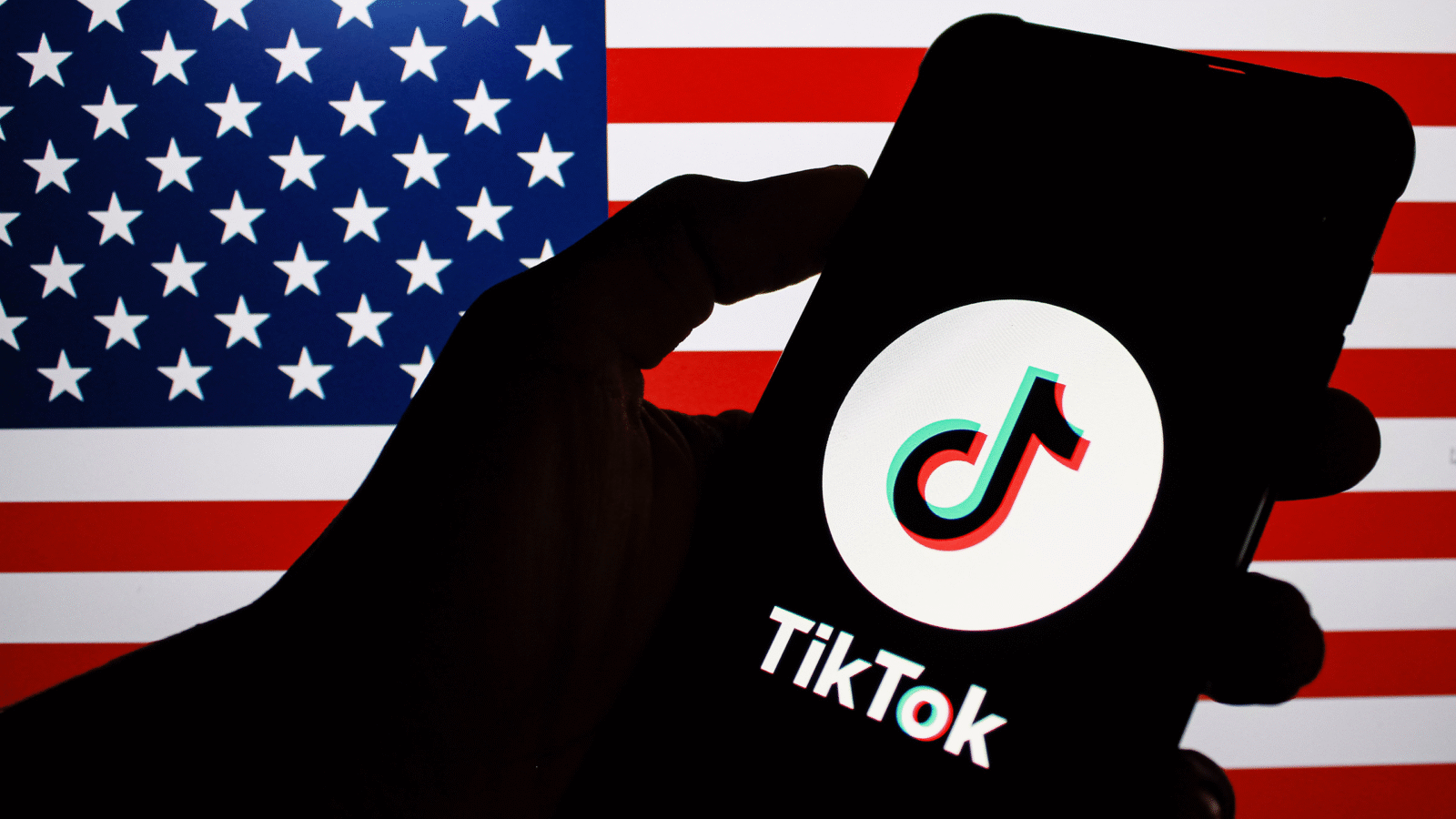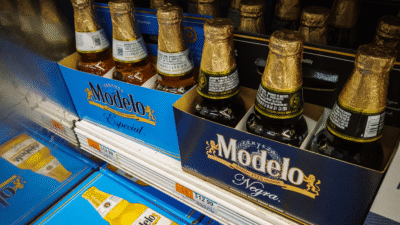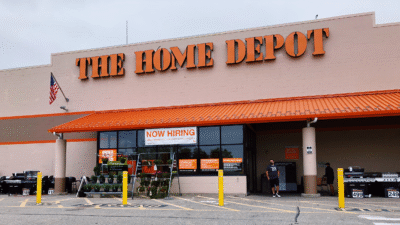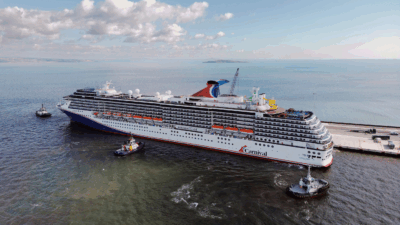Luxury Brands Can’t Bank on China Anymore
Gucci’s parent company expects sales to slump by 10%, largely due to a downturn in Chinese demand.
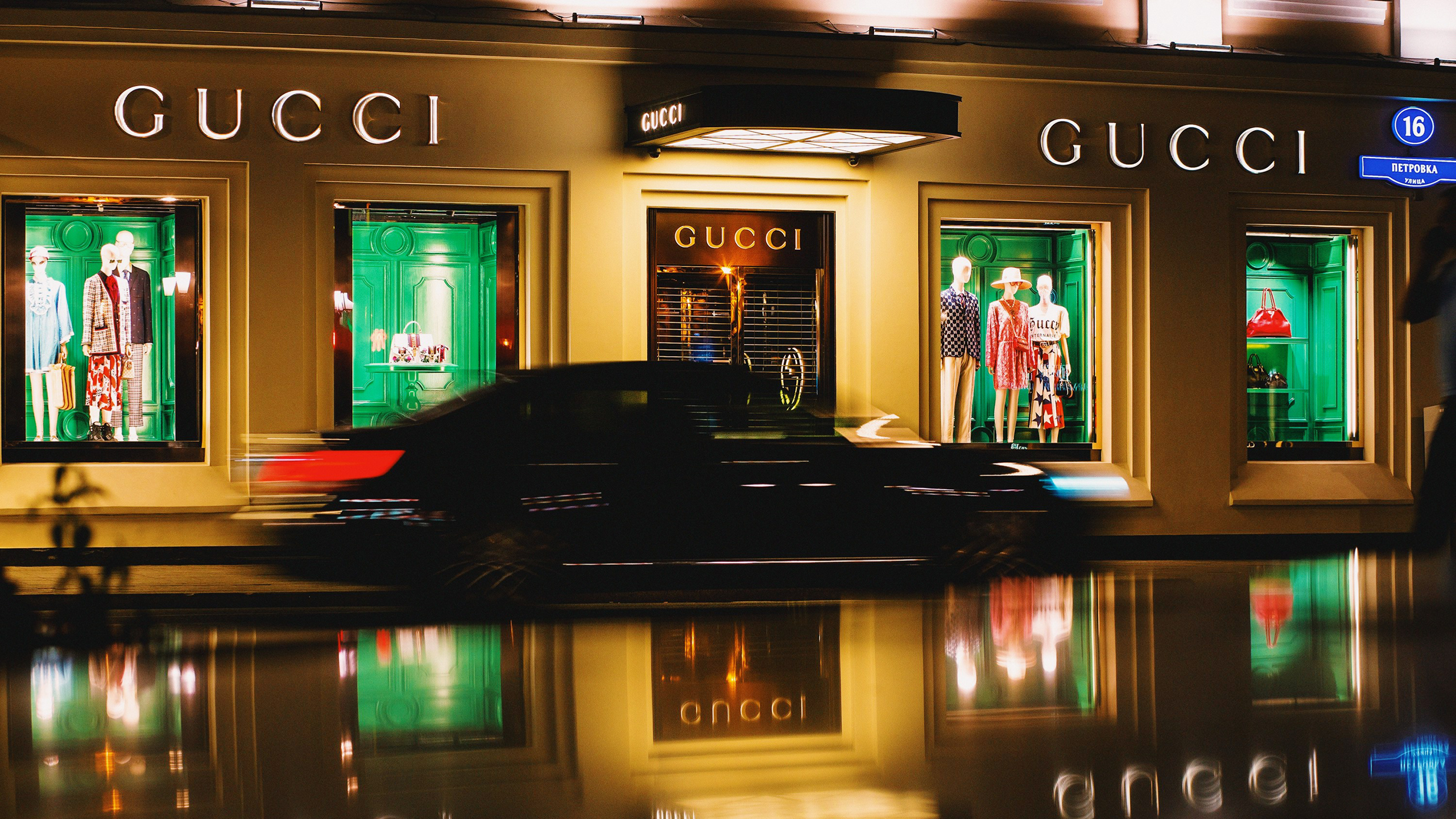
Sign up for smart news, insights, and analysis on the biggest financial stories of the day.
All is not Gucci.
Kering, the Paris-based luxury conglomerate whose brands include Gucci, Balenciaga, and Yves Saint Laurent, said late Tuesday it was expecting a 10% drop in sales in Asia — which is largely due to softness in the Chinese market. The warning not only sent Kering’s shares down 14% on Wednesday, it dominoed into other European luxury brands’ stock, including LVMH, Prada, and Burberry.
Gucci Gang
The luxury goods market has long been buoyed by China, and last year saw an upsurge in luxury spending from Chinese buyers as the country relaxed its strict covid lockdown policy. But the times they are a-changin’, and China has hit some serious economic doldrums.
The precipitous fall in Kering’s stock is largely due to Gucci, which made up 68% of Kering’s operating income last year, and is expecting a 20% sales drop itself, the company said. The timing isn’t great for the luxury goods giant:
- Kering’s operating income dropped 15% in 2023 compared to the year before. Early this year, the firm said it was investing $963 million in New York retail real estate — maybe with post-lockdown online impulse buys dwindling, a glitzy new store opening will drive foot traffic.
- While Kering has fallen behind fellow luxury goods giants including LVMH and Hermès, its ill fortune still has the potential to spread. “Gucci has been encountering some company-specific problems for a few quarters, but this update will raise further worries about the state of consumer spending and China’s economy,” Vital Knowledge wrote in an analyst note, per Bloomberg.
Birkin or Bust: While Kering tries to turn its fortunes around, Hermès could become a victim of its own mystique. The company faces a class-action lawsuit from two disgruntled shoppers who wanted to buy the company’s famous Birkin bag, the cheapest of which clocks in at $10,000. But you can’t just buy Birkins — you need to spend enough money at Hermès to be able to buy one from the retailer itself. The other option is to buy a second-hand one at auction, or off this totally legit guy I know who sells them in the alley. One of the plaintiffs in the lawsuit said that despite spending tens of thousands at Hermès, she says she was told that the bags were reserved for customers “who have been consistent in supporting our business.” How much more supportive can you possibly get?
